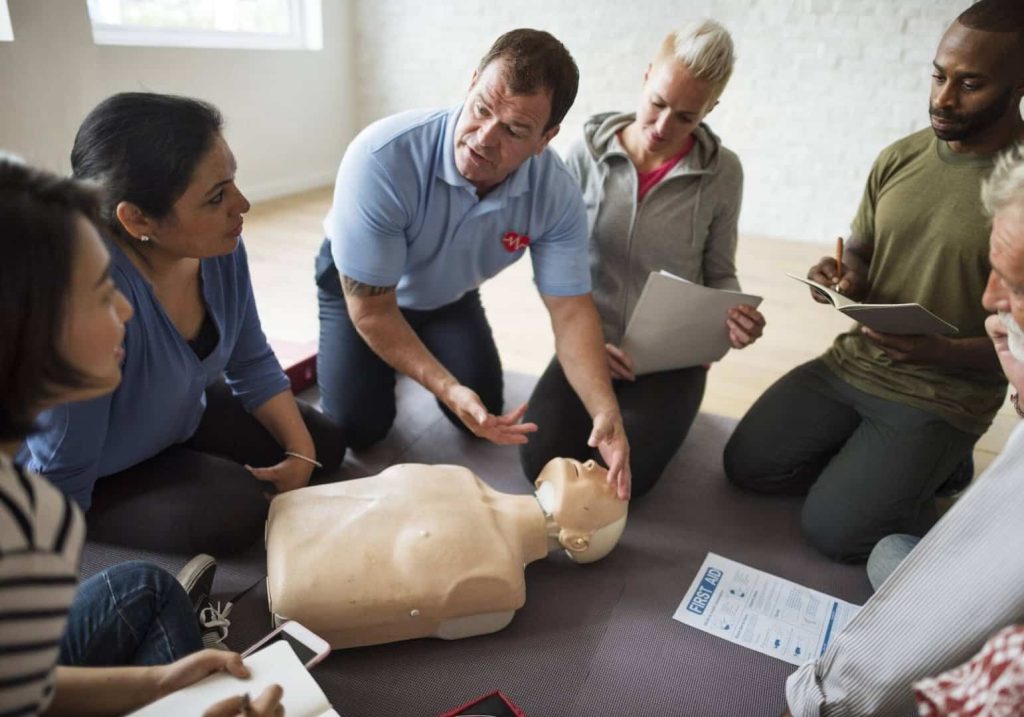In emergency situations, the ability of a team to respond effectively and efficiently can make the difference between life and death, success and failure. Preparing teams for such critical moments requires specialized training that equips them with the necessary skills, knowledge, and mental resilience to act quickly under pressure. One of the most important elements of this preparation is developing a thorough understanding of emergency protocols and procedures. This training ensures that all team members know exactly what steps to take in different emergency scenarios, from medical crises to natural disasters, ensuring a unified and coordinated response. Training should go beyond theoretical knowledge and encompass realistic, hands-on scenarios that mirror potential emergencies. By simulating high-stress situations, team members can practice decision-making, problem solving, and communication in environments that mirror real-life pressures. This is particularly important because, in emergencies, people often face time constraints and must make split-second decisions.

Through mock drills, team members can learn how to prioritize tasks, manage resources effectively, and operate under challenging conditions, all while maintaining focus on safety and well-being. Another critical aspect of emergency training is fostering strong teamwork and communication. Clear, concise communication is essential in chaotic situations where confusion and panic can quickly escalate. Specialized training should emphasize the importance of effective verbal and non-verbal communication, especially when directing a group or conveying crucial information in an emergency. Teams should practice using different communication tools, whether it is radios, phones, or hand signals, to ensure that they can stay connected even if one method fails. This aspect of training also includes bhv training how to quickly assign roles and responsibilities, which ensures that each team member understands their task and can perform it without hesitation.
Additionally, emotional resilience plays a significant role in the success of a team during emergencies. Training should include techniques to help team members manage stress, stay calm under pressure, and support each other in emotionally challenging situations. Mental preparedness is just as crucial as physical training, as it enables individuals to keep a clear mind, think critically, and remain focused on their mission despite the chaos unfolding around them. By incorporating stress management practices, mindfulness, and emotional support techniques into the training, teams can build mental endurance and cultivate a culture of mutual trust and support. Finally, post-emergency evaluations and debriefs are essential for continuous improvement. After an emergency situation, teams should review their actions to identify strengths, weaknesses, and areas for improvement. This feedback loop allows teams to refine their strategies and enhance their preparedness for future emergencies.
